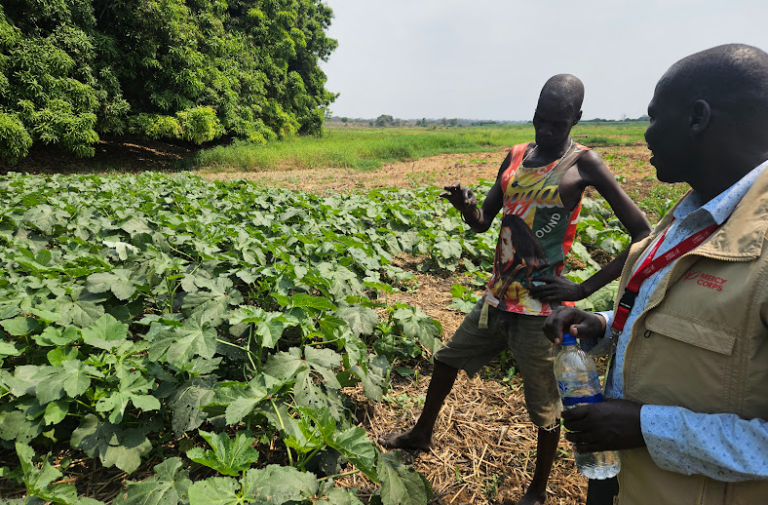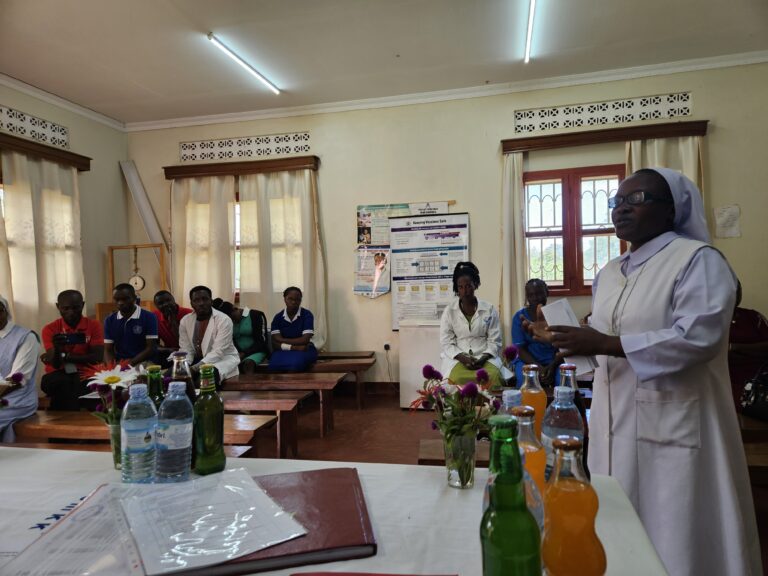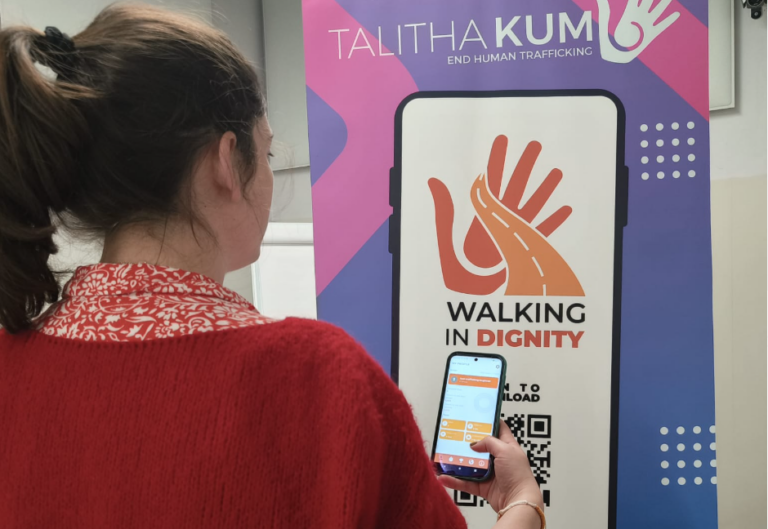By Marta Guglielmetti, Executive Director, Global Solidarity Fund
Today at the G20 Health Summit, the global community is working to foster multilateral cooperation, guide joint action to prevent future global health crises, and define a joint commitment to build a healthier, safer, fairer and more sustainable world.
As we observe the impressive progress of vaccination campaigns in Europe and North America, we cannot forget the people of developing countries. This is a matter of morality and justice, and also of our common interest: in a globalized world, until there are vaccines for people in all countries, none of us are truly safe.
To build on the G20 dialogue, next week the Global Solidarity Fund will convene Vaccines for All: Unique Partnerships for an Equitable End to the Pandemic. As the title suggests, we are convinced that collaboration among diverse actors is the path to ending this pandemic for all countries – including those in greatest need.
There can be no substitute for the vital roles of governments and international organizations. Governments – including those of the G20 nations – oversee the health systems that lead vaccine delivery within their borders. Gavi, the vaccine alliance, is providing the doses shared with developing countries through the Covax initiative. The reality that less than 2% of doses administered globally have been in Africa demonstrate the need for the global community to increase its support for Covax.
Yet a successful rollout requires more than vaccine supply: it requires community trust in the vaccine, and effective outreach to marginalized communities. The faith community and the private sector can play a crucial role.
We have seen the challenges posed by mistrust of the Covid vaccine in Europe and North America. But there are trust issues in the developing world also. A March survey conducted in 15 countries by the Africa CDC showed widely varying levels of receptivity to a Covid vaccine. In seven countries, 22-38% of their populations indicated that they would decline the vaccine. And marginalized communities often face a legacy of neglect, including being underserved by the health systems that are crucial for the vaccine rollout.
Faith communities are ideally placed to address these issues. They have deep roots in the community, often having been present for generations. And many are part of global networks that can help to share accurate information. The Vatican Covid-19 Commission, for example, has created a toolkit for Catholic churches worldwide, equipping them to help their members understand how the vaccine can help them protect their families and communities.
The private sector also has unique capabilities to offer. For example, businesses have necessarily developed distribution networks that often extend to even the hardest places to reach. Bringing their core expertise to the vaccine rollout challenge is a game-changer. Here are some of the leading companies from across the technology, logistics and consumer goods sectors that will join us at Vaccines for All:
- Unilever: As one of the world’s largest consumer goods companies, Unilever has undertaken a wide-ranging set of activities to support global and national efforts, including donations of soap and other hygiene products and working to support livelihoods across its value chain. Along with this, Unilever has worked with the UK Government to establish a public–private coalition, the Hygiene and Behaviour Change Coalition, which has now reached over 1 billion people with hygiene products, infrastructure and education. (You can learn more about Unilever’s efforts here.)
- DHL: As the world’s leading logistics company, DHL has helped deliver over 200 million vaccine doses internationally, developed over 10 new and dedicated services, has served over 120 countries, and is a partner of the COVID-19 Private Sector Global Facility. (DHL’s new white paper on the role of logistics and supply chains in COVID response and lessons learned to date can be accessed here.)
- Salesforce: Salesforce, a global customer relationship management (CRM) leader, has created the “Work.com for Vaccines” platform to help Covax to manage information and track global data underpinning the equitable distribution of at least 2 billion vaccines by the end of 2021. (You can learn more about the platform here).
At the Global Solidarity Fund’s Vaccines for All dialogue next week, we will learn more about existing partnerships across sectors, as well as opportunities to do more. We share confidence that through collaboration, we will ensure equitable vaccine distribution and speed the end of the pandemic for all nations.




